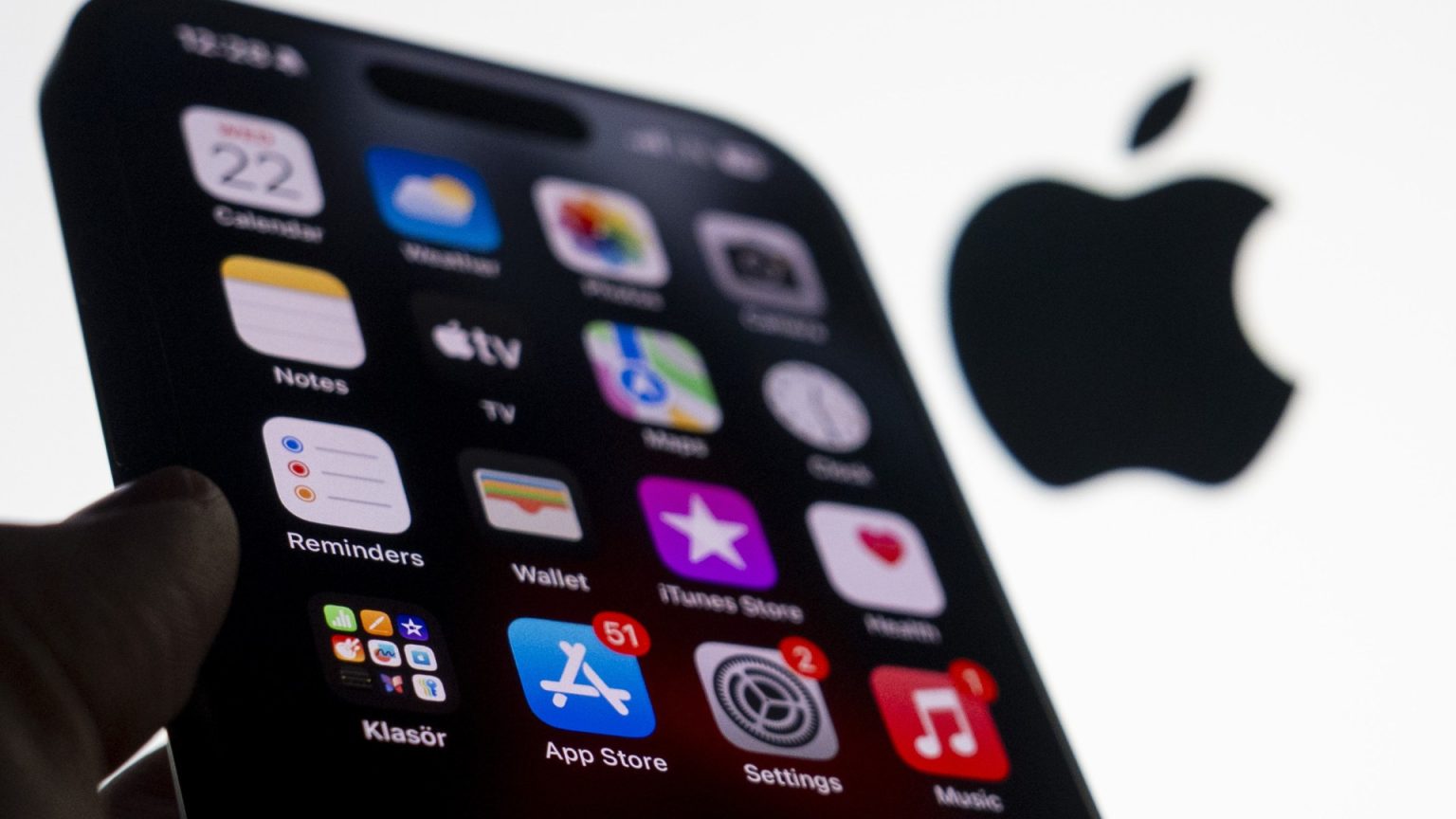The arrival of “Hot Tub,” the first pornography application on iPhones, has sparked a controversy, highlighting the tension between Apple’s traditionally strict app store policies and the European Union’s new Digital Markets Act (DMA). Historically, Apple has maintained tight control over its App Store, prohibiting “overtly sexual or pornographic material.” However, the DMA, designed to foster competition and prevent large tech companies from abusing their market dominance, mandates that Apple allow alternative app stores on its devices. This legal shift has paved the way for Hot Tub’s availability through AltStore PAL, a third-party app store alternative. While technically compliant with Apple’s basic security and functionality checks, the app’s content represents a significant departure from Apple’s established standards, setting the stage for a clash between the tech giant and EU regulators.
Apple has expressed deep concern over the potential risks Hot Tub poses, particularly to children. The company argues that such apps undermine consumer trust in the iOS ecosystem, which Apple has cultivated for over a decade. While forced to comply with the DMA’s requirement to allow alternative app stores, Apple vehemently denies endorsing Hot Tub’s content. The company emphasizes that its mandatory security checks do not equate to content approval and reiterates its disapproval of the app. This stance underscores Apple’s ongoing commitment to maintaining a curated and controlled app environment, even as external pressures force it to adapt.
The controversy surrounding Hot Tub illustrates the wider implications of the DMA. The EU law aims to break the perceived monopoly of large tech companies like Apple, giving users more choice and promoting a more competitive app market. By enabling the existence of alternative app stores like AltStore PAL, the DMA allows developers to bypass Apple’s stringent content restrictions, potentially opening the door for a broader range of applications, including those previously deemed unsuitable for the App Store. This shift marks a significant change in the power dynamics of the app ecosystem, potentially reshaping the user experience and challenging Apple’s long-held control.
The introduction of Hot Tub has also ignited a debate about user safety and platform responsibility. Apple maintains that its strict app store policies are crucial for protecting users, especially children, from harmful content. The company argues that opening its platform to unregulated app stores could expose users to risks, jeopardizing their privacy and security. Conversely, proponents of the DMA argue that users should have the freedom to choose which apps they download and that competition among app stores will ultimately benefit consumers. This debate highlights the complex balancing act between user safety and open access in the digital age.
AltStore PAL, the platform hosting Hot Tub, claims that the app passed all of Apple’s required checks for security and functionality. This technical compliance, however, does not address the fundamental disagreement over content. Apple contends that AltStore PAL misrepresented its stance by claiming the app was “approved.” The company clarifies that while obligated to allow alternative app stores, it does not endorse the content offered on these platforms. This distinction highlights the legal and ethical complexities of navigating the new landscape of app distribution. Apple finds itself in the position of facilitating access to content it deems objectionable, raising questions about the extent of its responsibility.
The Hot Tub controversy has also drawn attention to the role of other major players in the tech industry. Epic Games, the creator of Fortnite and a vocal critic of Apple’s app store practices, has expressed support for the DMA and the opening up of alternative app stores. However, Epic Games has clarified that its own EU app store does not host Hot Tub or any pornographic apps. This nuanced stance underscores the complexities of the debate. While supporting greater competition and user choice, Epic Games also recognizes the potential challenges and responsibilities that come with a more open app ecosystem. The evolving landscape of app distribution promises ongoing discussions about platform responsibility, user safety, and the balance between control and freedom in the digital marketplace.











